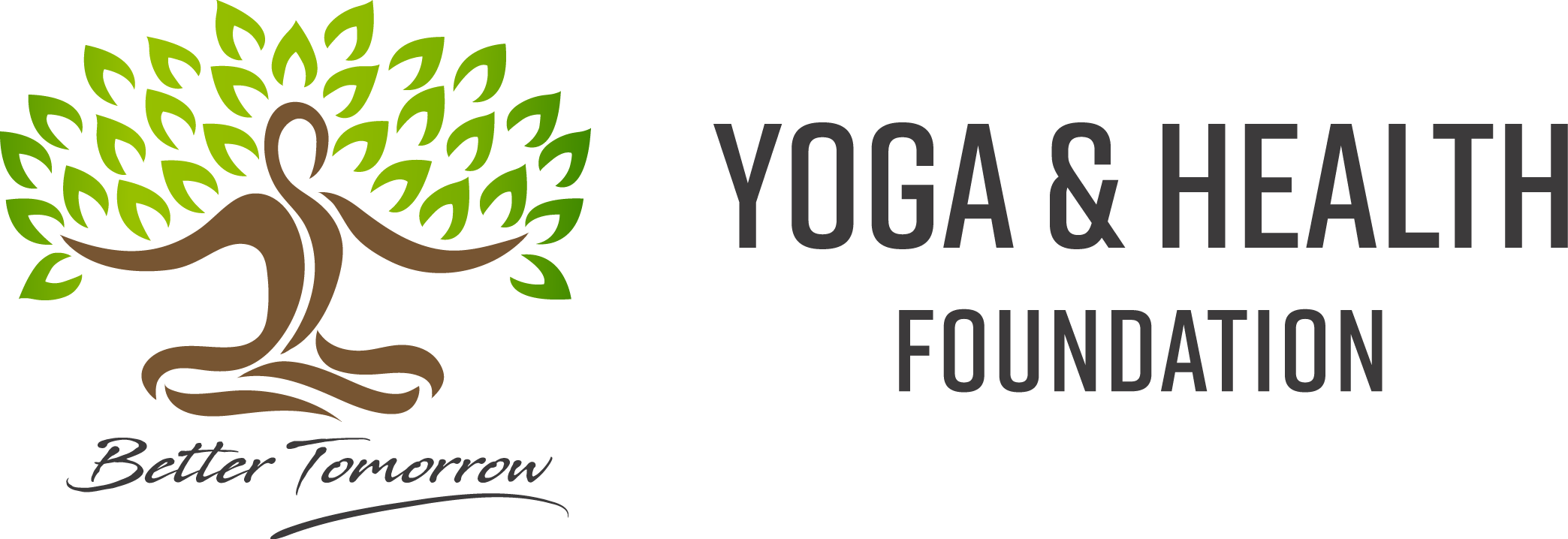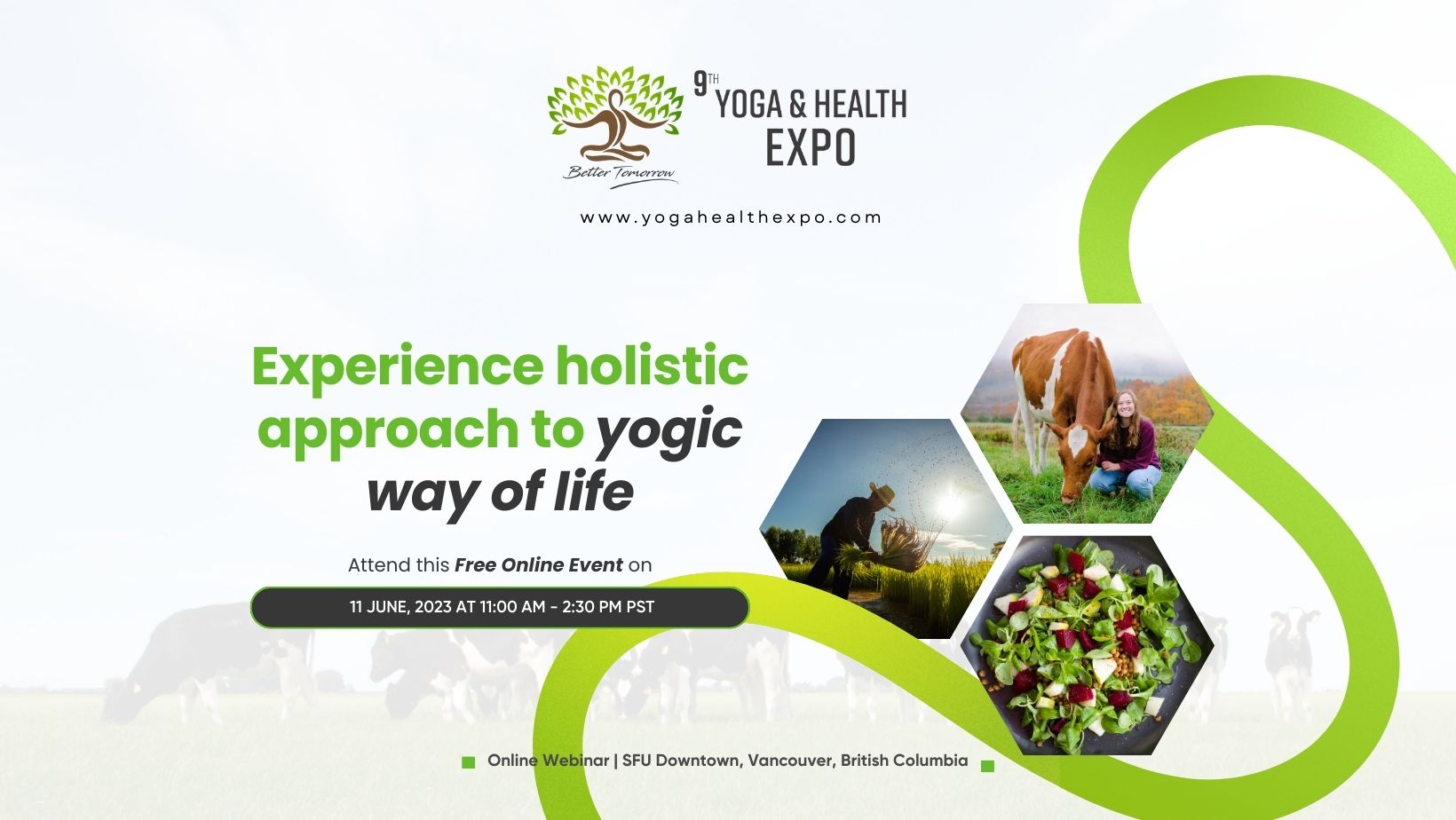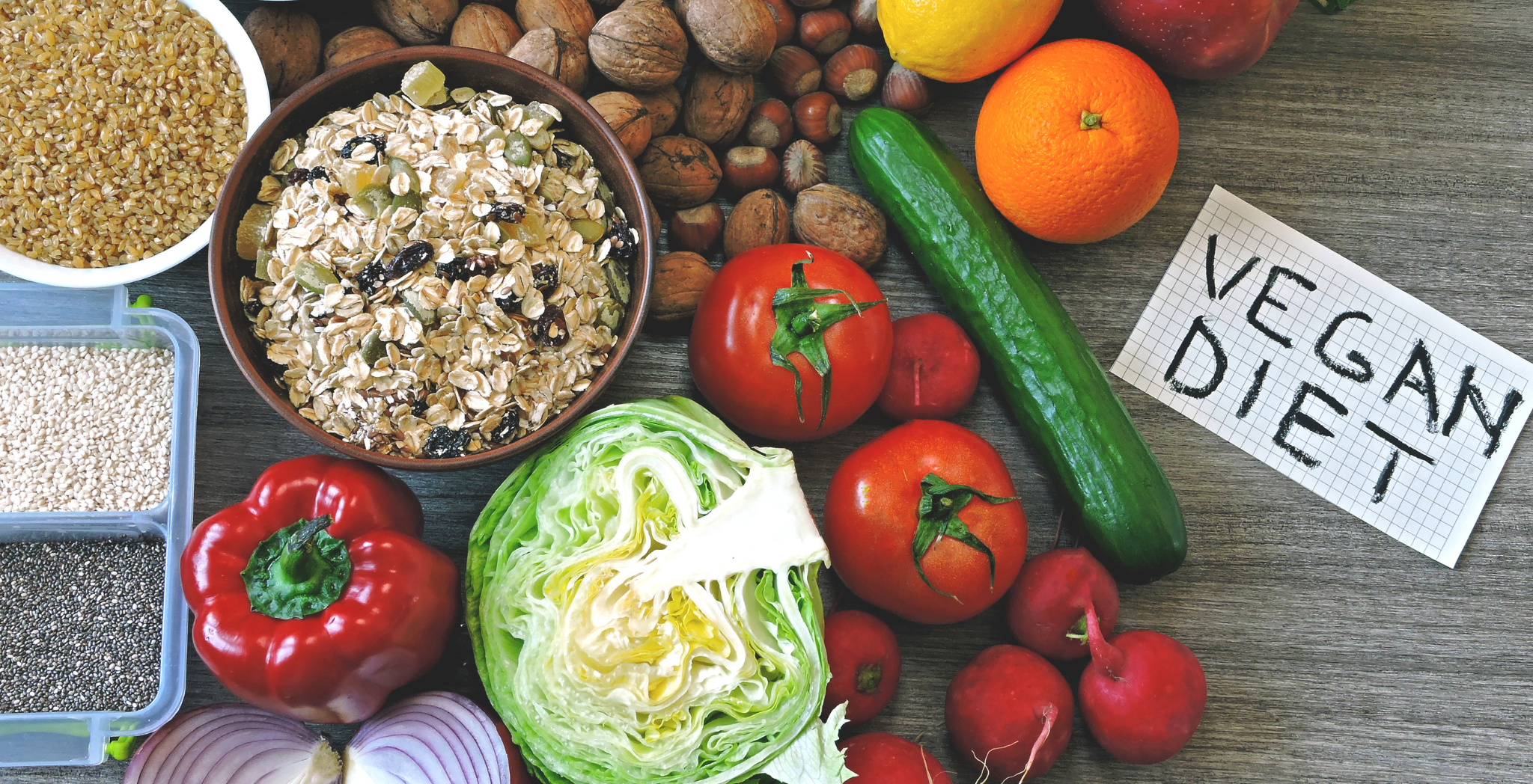Webinar June 11, 2023: Exploring the Synergy of Mental Health, Plant-Based Diet, and Wellness
We are excited to invite you to a transformative webinar that delves into the powerful connection between mental health, plant-based diet, and yoga. In this enlightening session, we will explore how these three pillars can synergistically contribute to overall well-being and create a positive impact on our mental and emotional…










